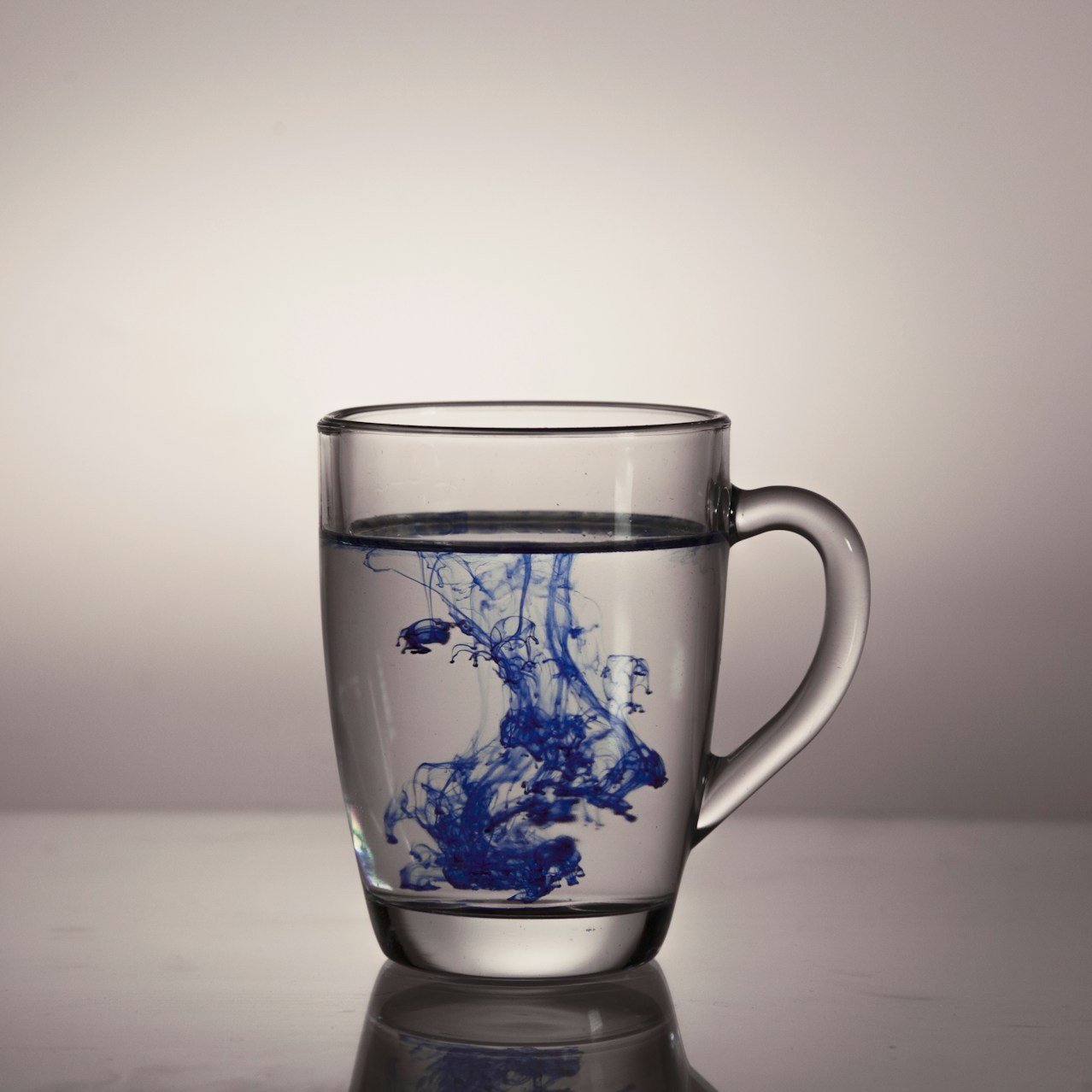
Key takeaways
- Drinking alcohol is a risk factor for several cancers including breast, bowel, mouth and throat because it can cause damage to our cells and hormones
- An estimated 3–4 out of every 100 cases of cancer in the UK are caused by alcohol
- It doesn’t matter whether you drink beer, wine or spirits. All types of alcohol can cause cancer.
- The less you drink, the more you reduce your risk. Not smoking, and staying fit, healthy and out of the sun, will also reduce your risk of cancer
While the link between smoking and cancer risk is well known, fewer people know that drinking alcohol can increase cancer risk. Not everyone who drinks alcohol will get cancer, but scientists have found that several cancers, including breast, bowel, mouth and throat cancers, can be caused by drinking alcohol. The risk of developing these types of cancer starts to increase even at low levels of drinking, with the risk increasing the more you drink. In this article, we take a closer look at the link between alcohol and cancer, including the statistics, exactly how alcohol affects cancer risk, and how to drink less.
Alcohol is classified as a Group 1 carcinogen. A carcinogen is any substance known to cause cancer. Carcinogens classified in Group 1, which also includes asbestos, radiation, and tobacco, have the highest risk of causing cancer.
Dr Eleonora Teplinsky, Valley-Mount Sinai Comprehensive Cancer Care, New Jersey USA
Alcohol and cancer: the statistics
Drinking alcohol can cause seven types of cancer:
- Breast cancer
- Bowel cancer
- Mouth cancer
- Food pipe (oesophageal) cancer
- Upper throat (pharyngeal) cancer
- Voice box (laryngeal cancer)
- Liver cancer
It’s estimated that 3–4 out of every 100 cases of cancer in the UK are caused by alcohol – around 11,500–12,500 new cases every year.
How does alcohol cause cancer?
Some of the main ways that alcohol can cause cancer are:
- By causing damage to our cells. When we drink alcohol, our bodies turn it into a chemical called acetaldehyde. Acetaldehyde can damage our cells and can also stop cells repairing this damage.
- By causing changes to our hormones. Alcohol can increase the levels of some hormones in our bodies, such as oestrogen and insulin, which can make cells divide more often. This increases the chance that cancer will develop.
- By causing changes to cells in the mouth and throat. Alcohol can make it easier for cells in the mouth and throat to absorb harmful chemicals that cause damage.
It’s important to note that it’s the alcohol itself that damages your body, even small amounts. This means it doesn’t matter whether you drink beer, wine or spirits. All types of alcohol can cause cancer.
How to reduce your cancer risk from alcohol
Alcohol is a risk factor you can influence. The less you drink, the more you reduce your risk.
If you do drink alcohol try to keep the health risks low. The NHS website recommends no more than 14 units a week (around 6 medium (175ml) glasses of wine, or 6 pints of 4% beer), spread over three or more days, with several drink-free days and no bingeing. However, remember that drinking even at lower levels can increase your cancer risk.
To keep your overall risk of cancer low, it’s also important not to smoke, to make sure you are getting enough exercise (aim for at least 30 minutes of moderate activity a day, five days a week), maintain a healthy weight, eat a balanced diet and protect yourself from the sun.
Five practical tips for drinking less
- Every time you plan to have a drink, decide how much you will drink and stick to it
- Choose small-size or lower-strength drinks (%ABV – this can be found on the bottle)
- Drink one glass of water for every alcoholic drink you consume
- Plan several alcohol-free days per week
- Download the Drinkaware app to monitor your units, set goals and celebrate alcohol-free days
If you’re worried about symptoms you are having it’s important to tell your GP. However, if you’d like to understand more about anything you have read in this article, Perci’s Cancer Nurse Specialists can answer your questions and direct you to other professionals who can help.
While we have ensured that every article is medically reviewed and approved, information presented here is not intended to be a substitute for professional medical advice, diagnosis, or treatment. If you have any questions or concerns, please talk to one of our healthcare professionals or your primary healthcare team.
References:
Brown, K.F. et al., ‘The fraction of cancer attributable to modifiable risk factors in England, Wales, Scotland, Northern Ireland, and the United Kingdom in 2015,’ 2018, British Journal of Cancer, 118(8), 1130.
‘How does alcohol cause cancer?’ Cancer Research UK, September 2023, https://www.cancerresearchuk.org/about-cancer/causes-of-cancer/alcohol-and-cancer/how-does-alcohol-cause-cancer
‘How alcohol increases your cancer risk and what to know about reducing it,’ Cancer.net, August 2023, https://www.cancer.net/blog/2023-08/how-alcohol-increases-your-cancer-risk-and-what-know-about-reducing-it
‘Alcohol and Cancer,’ Drinkaware.co.uk, January 2022, https://www.drinkaware.co.uk/facts/health-effects-of-alcohol/alcohol-related-diseases-and-illnesses/alcohol-and-cancer